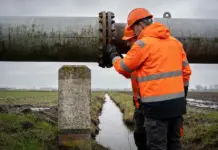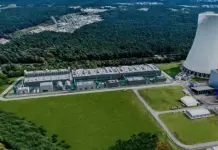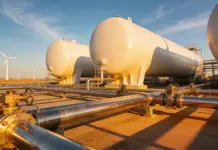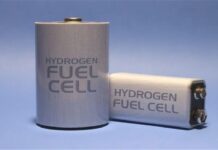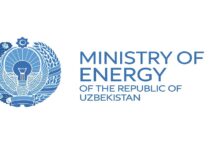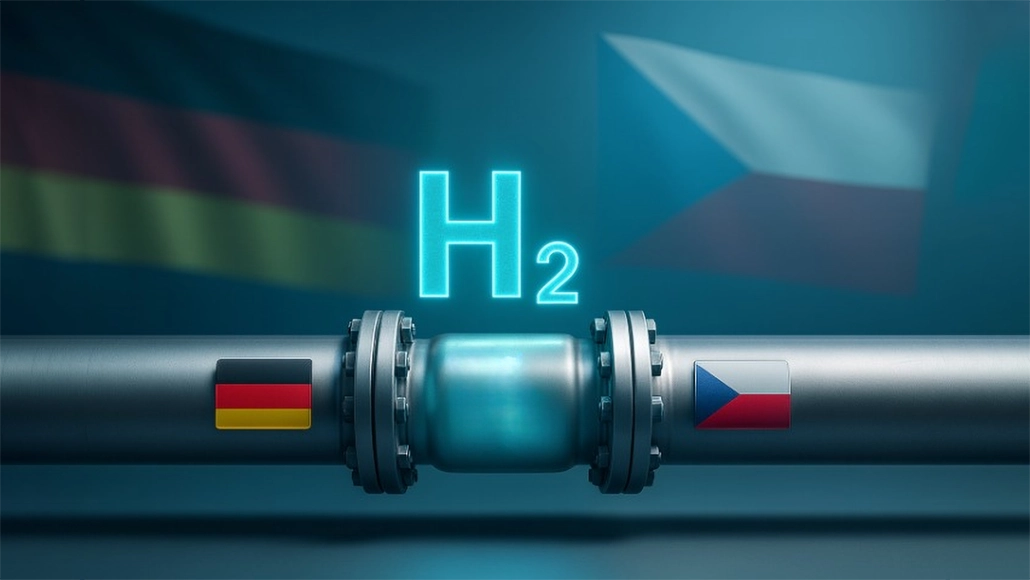Germany and the Czech Republic have set up a bilateral working group to speed up the development of a joint hydrogen infrastructure connecting the two countries. Both governments announced the creation of the platform as a way to coordinate their hydrogen transmission planning and bring their cross-border network ambitions into a shared framework. With this step, the agenda around joint hydrogen infrastructure between the two nations enters a more organized phase.
The working group brings together national regulators, industry representatives and transmission system operators, including NET4GAS. Its scope covers the technical, regulatory and economic aspects of hydrogen transport, allowing both sides to work from the same foundation as they shape long-distance flows. A key part of the collaboration is the Czech-German Hydrogen Interconnector (CGHI). The project outlines the conversion of existing natural-gas pipelines for hydrogen transport, a move intended to form a revised configuration for cross-border movement. Through this cooperation, the effort to create a joint hydrogen infrastructure aims to support industrial users on either side of the border.
Minister of Industry and Trade Lukáš Vlček commented on the Czech government’s position as the group convened. He said, “Hydrogen can significantly contribute to the energy transformation and strengthen our energy security. Together with Germany, we want to build an infrastructure that will connect our industries, strengthen regional self-sufficiency and enable the use of clean energy sources across Europe,” says Minister of Industry and Trade Lukáš Vlček, adding, “The Czech Republic thus confirms its ambition to be an active partner in the development of the European hydrogen economy.”
Additional detail was provided by Tomáš Ehler, Senior Director of the Nuclear Energy and New Technologies Section, who noted, “The import of hydrogen via Germany can significantly contribute to the decarbonization of the Czech chemical industry and other segments. The planned connection of the Czech and German hydrogen networks represents an important step towards connecting the main European hydrogen corridors.”
Bernhard Kluttig, Director General of the Federal Ministry of Economic Affairs and Energy, added the German perspective, saying, “A reliable hydrogen infrastructure does not end at national borders. With this working group, we are laying the foundations for a strong and shared energy future in Central Europe – climate-neutral, interconnected and secure.”
The cooperation follows a Declaration of Intent signed on 25 April 2025 and reflects a shift toward more formal alignment of hydrogen-network planning. As work progresses, the CGHI is expected to become a significant element in linking the two systems. Its role in allowing future hydrogen imports into the Czech Republic demonstrates how the vision for joint hydrogen infrastructure is beginning to materialize in practical, cross-border development.

